How to install TCL packages in NS2
To import TCL packages in NS2, you need to follow the steps listed below. If you run into any issues while importing, feel free to reach out to ns2project.com. We provide you with great ideas and topics for your projects. Tcl (Tool Command Language) serves as a widely utilized scripting language for defining network simulations. Within the NS2 framework, Tcl scripts are employed to outline network topologies, designate protocols, and manage the sequence of simulation events. The syntax of Tcl facilitates the straightforward creation and configuration of nodes, links, traffic patterns, and various other network elements, rendering it an essential component of the NS2 simulation environment. Tcl scripts engage with NS2’s core, which is developed in C++, allowing for swift prototyping and evaluation of network scenarios. Through Tcl scripts, users can replicate a range of network behaviors, including routing protocols, packet transmission, and mobility models. Although NS2 is a robust tool for network research, its dependence on Tcl may pose challenges for individuals who are not well-versed in the language. Nevertheless, Tcl remains a fundamental aspect of NS2, offering the necessary flexibility to develop intricate and detailed network simulations.
PRE-REQUISITES:
- Fresh installation of Ubuntu 16.04 LTS:
Screenshot:
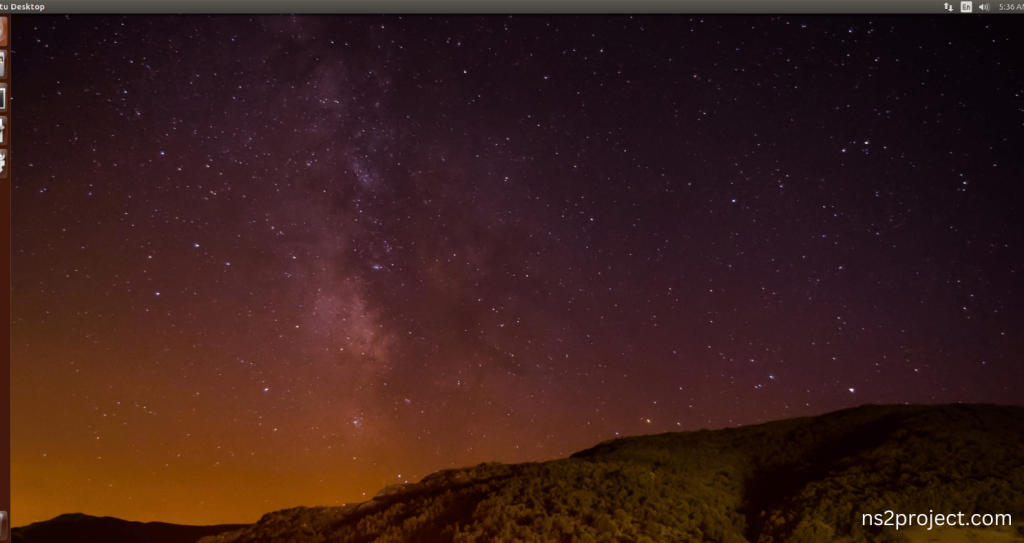
INSTALL DEPENDENCIES OF TCL:
- Open a terminal, Copy and Paste the commands to install required package:
Screenshot:
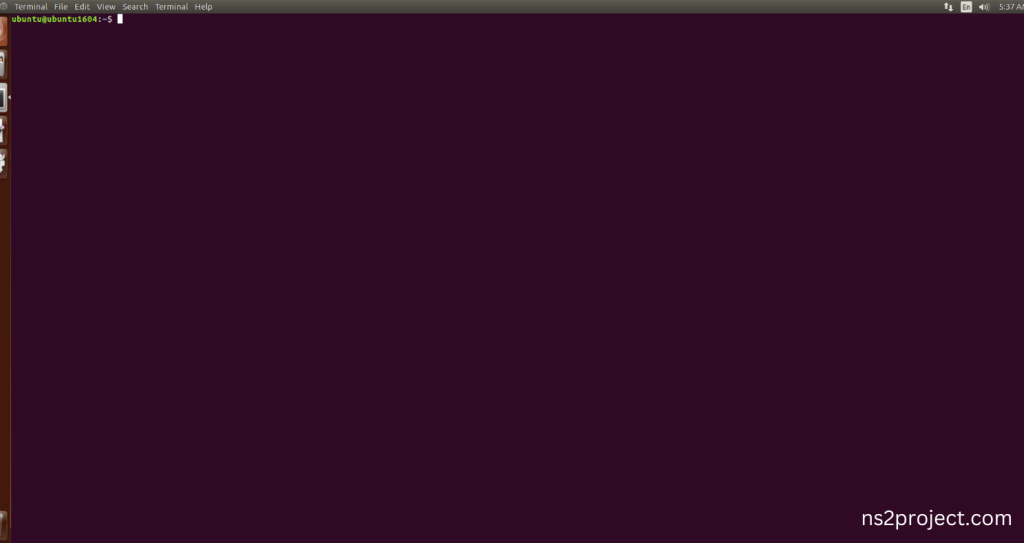
2.System File Update Command:
First of all, we need to updates the list of available packages and their versions stored in the system’s package index. Use below command to update the system package.
Command: “sudo apt-get update”
Screenshot:
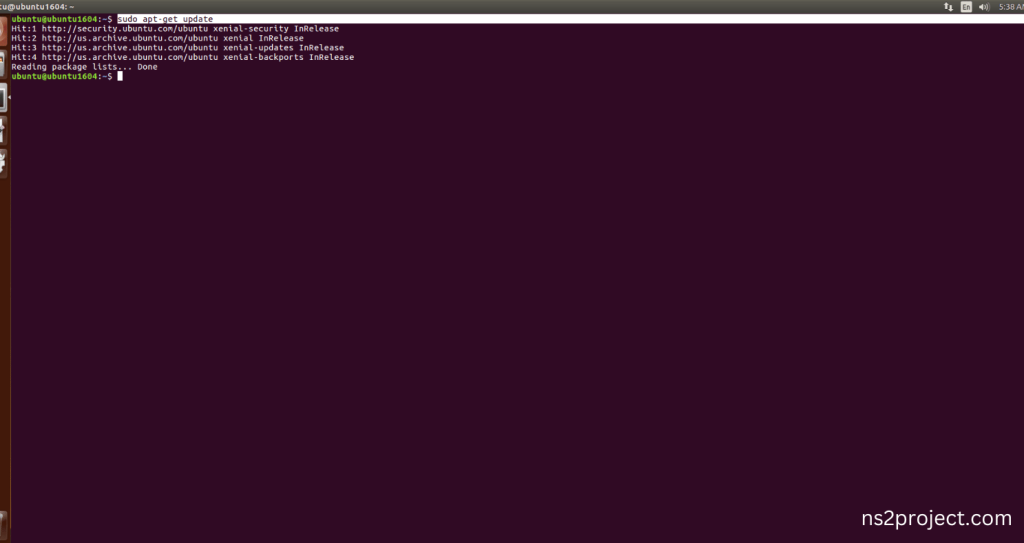
3.TCL Installation Command:
Next, we need to install TCL in the ubuntu system. Use below command to install the TCL package.
Command: “sudo apt-get install tcl”
Screenshot:
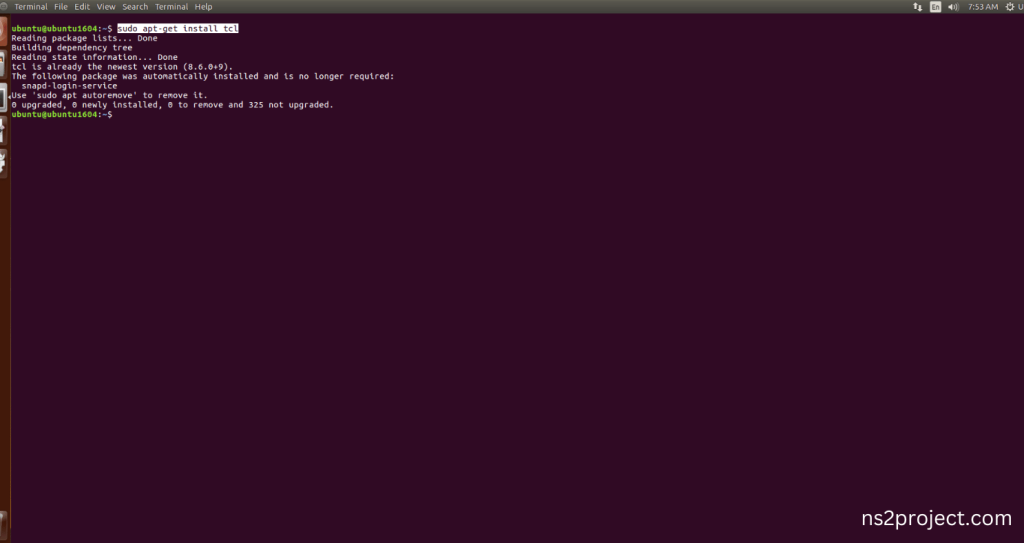
If You got any Prompt to additional package installation, then Click Y to install the TCL packages.
Screenshot:
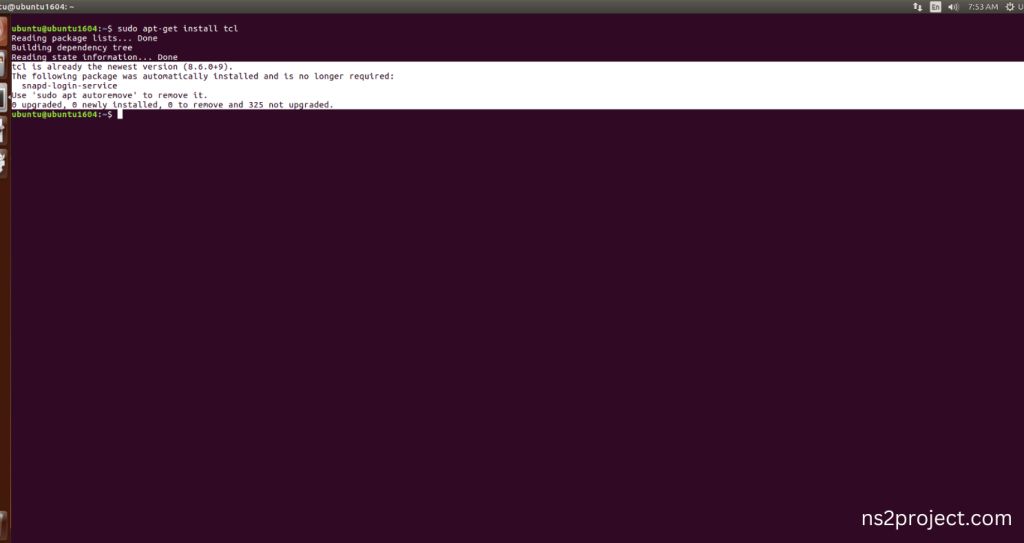
TCL Installed successfully in the Ubuntu 16.04 system.







